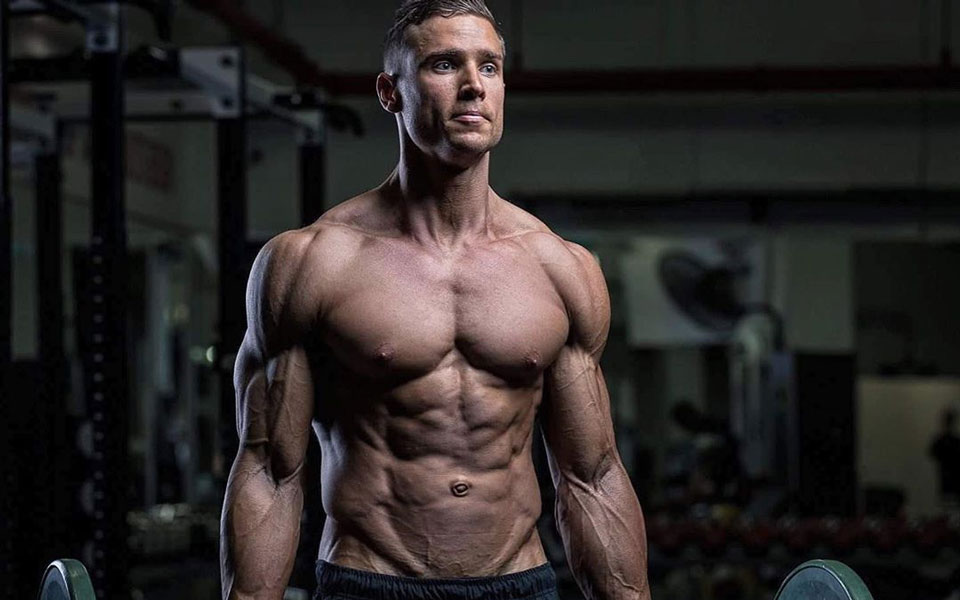Personal trainers in Australia are as common as Starbucks cafes in America. With every Tom, Dick, and Harry giving themselves to the PT industry, when it comes to finding one to help you achieve your fitness goals, navigating the proverbial minefield to find the right PT for you can be a more exhausting than the workout itself.
So what should you look for when seeking the person who’s going to work you harder than you ever thought possible? We spoke to personal trainer Liam Chenery of Fitness First Platinum Bondi to find out the boxes that need to be ticked before you part with your cash.
View this post on Instagram
Liam’s initial response to our opening question is met with some amusement. He says he sees obvious differences between personal trainers every day in his own gym, so he knows it’s a genuine issue wannabe workout warriors face.
He goes on to say that the really good PTs are passionate about their job and always professional in their manner. Liam sees trainers use their phone during client sessions all the time. It’s not a practice he encourages at all. If someone is paying you, they deserve your full attention.
A good PT should also care about helping you reach your fitness goals more than the money they’re earning or the ‘before and after’ photos they can put on the ‘gram. The Australian Institute of Personal Trainers says you can expect to pay between $40 – $90 for an hour of a PT’s time.
This figure can fluctuate greatly though, depending on whether you train in a gym or at home, and the level of experience the PT has – the minimum qualification a PT has to have is a SIS40215 Certificate IV in Fitness – so make sure they have this when signing up.
View this post on Instagram
Liam also tells us that the very best PTs won’t just get their qualifications and start amassing a group of clients, but instead believe there will always be room for improvement. Whether it’s attending seminars, being mentored by more experienced trainers or reading up on the latest industry knowledge, a good PT will always want to upskill.
If you have a particular question or goal that your PT doesn’t quite know the answer to, then they should be open and honest, striving to get you the answers you want, either by finding out themselves or referring you to an expert. This ties in with another point he makes. In his experience, Liam says he’s seen PTs that pretend to be something they’re not, such as a physio or chiropractor. If they don’t have the qualifications, don’t let them carry out any rehab exercises, go and see a professional instead.
Liam adds that a good personal trainer should also have experience in reaching personal fitness goals, too. If you want someone to help you lose body fat and maintain a healthy diet, then your PT should have personal experience in this, rather than just reeling off the knowledge they read in a book.
View this post on Instagram
One of Liam’s big no-no’s is a PT that gets you to lift heavier and heavier weights, without making sure your form is correct. He’s always surprised by how often he sees poor technique in the gym, especially since it greatly increases the chance of injury.
Ultimately, when it comes to finding a PT, it’s your health that’s at stake, so feel free to ask as many questions as you want. If you sign up for a PT service through your gym and you’re not happy with the one you’ve been assigned, speak to the club manager to ask for a change. Liam says private personal trainers are usually better than those working at a club, but that doesn’t mean you should immediately disregard them.
